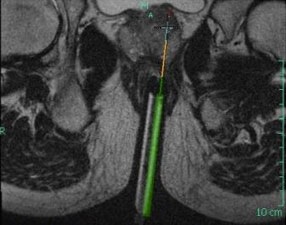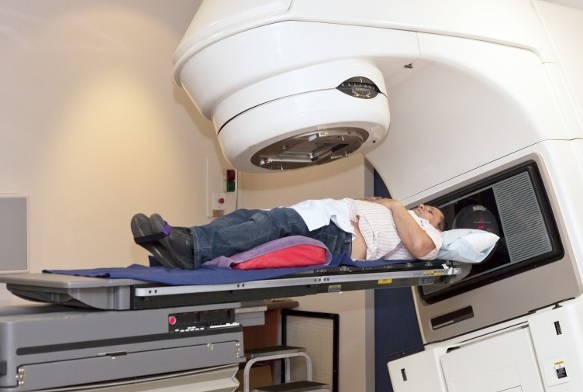|
||||||||
|
In this issue:
|
||||||||
 |
Call for more biomarker testing across Europe |
|||||||
 |
Making the case for prostate screening programmes |
|||||||
|
Prostate research and treatments
MRI-Guided Prostate Biopsy |
||||||||
Barbershops and PSA Screening |
||||||||
Radiotherapy's Role in Metastatic PCa |
||||||||
|
Europa Uomo News
EUPROMS II |
||||||||
Board meeting 16.03.2021 |
||||||||
ASPI International Webinar: Learning from Active Surveillance Patients’ Experience |
||||||||
|
Items of Interest
How Cancer Cells May Evade Chemotherapy |
||||||||
|
FREE SUBSCRIPTION TO EUROPA UOMO MONTHLY UPDATE All previous issues are available on website: www.europa-uomo.org/newsletters/ |
||||||||
|
UPDATE is published by the Board of Europa Uomo for its member organisations. Editorial and production: Anja Vancauwenbergh. |
||||||||


